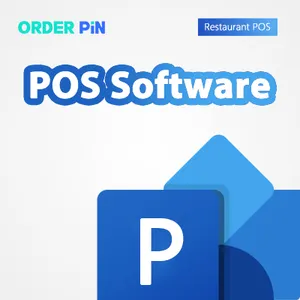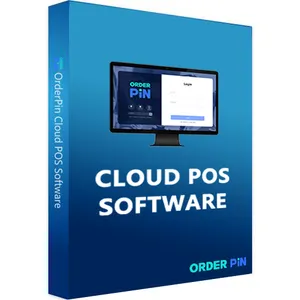Introduction to Mobile Internet Apps
Mobile internet apps have transformed the way we interact with technology. These applications are designed specifically to run on mobile devices, providing users with seamless internet access and diverse functionalities. Today, mobile internet apps are essential tools for both personal and professional use, enabling efficiency, connectivity, and convenience. Understanding the various facets of mobile internet apps is crucial for individuals and businesses alike, as these solutions contribute significantly to modern digital life.
Types of Mobile Internet Apps
Mobile internet apps broadly fall into several categories, catering to diverse user needs. Recognizing these types can help users select the right app for their needs. Here are the main types:
- Natively Designed Apps: These are built for specific platforms like iOS or Android and provide optimized performance and user experience.
- Web Apps: These are accessed via web browsers, offering streamlined functionality without installation requirements. They are versatile and platform-independent.
- Hybrid Apps: These combine elements of both native and web apps, providing the best of both worlds. They can operate offline and are often built using web technologies.
- Progressive Web Apps (PWAs): PWAs are web apps that offer an app-like experience, with offline capabilities, responsive design, and push notification features, bridging the gap between web and native apps.
Function and Features of Mobile Internet Apps
Mobile internet apps serve a plethora of functions, addressing everyday needs and enhancing productivity. Below are some of their core features:
- User-Friendly Interfaces: Most mobile apps prioritize intuitive design, ensuring users can navigate and operate them with ease.
- Real-Time Access: These apps facilitate instant updates and real-time data access, keeping users informed and connected no matter where they are.
- Offline Availability: Many mobile apps allow users to function without an active internet connection, providing flexibility in usage.
- Customizable Notifications: Users can customize alerts and notifications, ensuring they are updated on relevant information without being overwhelmed.
- Enhanced Security Features: With the rise in data breaches, mobile apps now incorporate advanced security measures like encryption and multi-factor authentication.
Applications of Mobile Internet Apps
The versatility of mobile internet apps encompasses a wide array of applications across different sectors. Here’s how they are used:
- Business and Productivity: Tools such as project management apps, cloud storage, and communication platforms empower teams to collaborate effectively from anywhere.
- Health and Fitness: Apps dedicated to personal wellness allow users to track their health metrics, access workout routines, and connect with healthcare professionals.
- E-commerce: Mobile shopping apps enable customers to browse products, make purchases, and access customer service conveniently, boosting sales for businesses.
- Education: Online learning platforms offer courses, quizzes, and interactive modules, making education accessible to a broader audience.
- Social Networking: These applications facilitate communication and connection between users globally, impacting social interactions and relationships.
Advantages of Mobile Internet Apps
The growing adoption of mobile internet apps presents numerous advantages that enhance user experience and provide substantial value to businesses:
- Increased Engagement: Apps that offer personalization and interactivity see higher user engagement, fostering brand loyalty.
- Enhanced Efficiency: From task management to instant information retrieval, mobile apps streamline processes, allowing for better time management and productivity.
- Global Reach: With mobile apps, businesses can connect with customers across the globe, breaking down geographical barriers and expanding their market base.
- Cost-Effective Marketing: Mobile apps serve as effective platforms for promoting products and services, often with lower costs compared to traditional marketing methods.
- Real-Time Analytics: Businesses can leverage app data for insights on customer behavior and preferences, enabling them to make informed strategic decisions.




















































